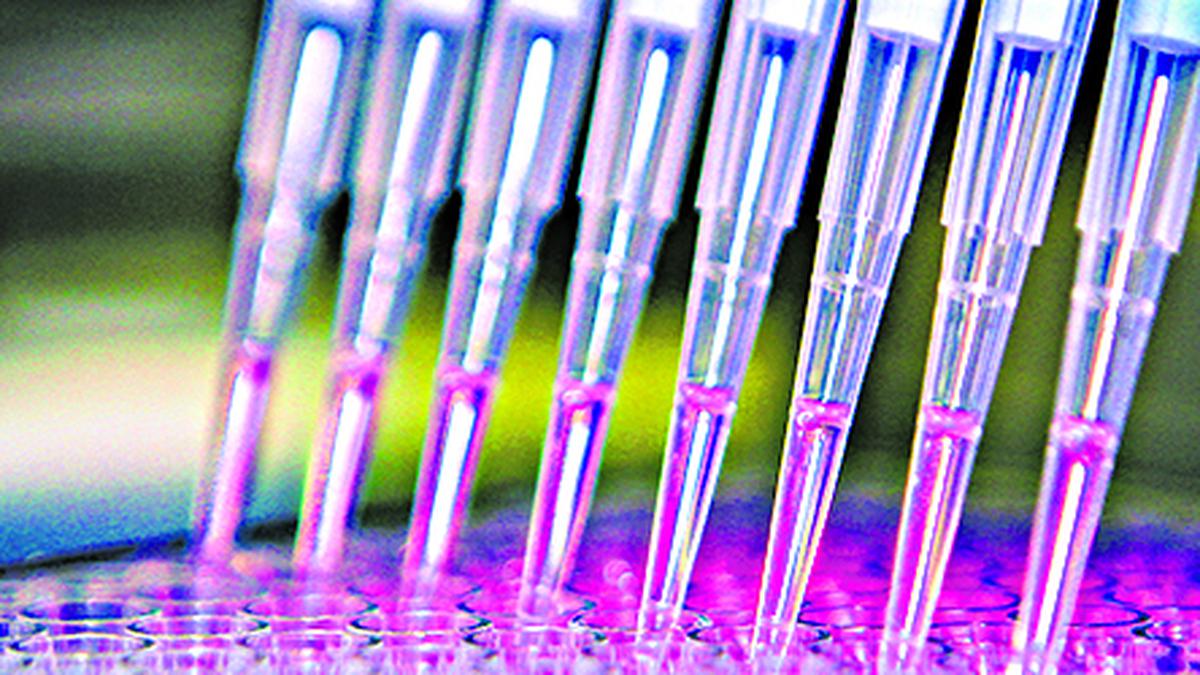Precision Medicine, Biobanks, and Regulatory Challenges in India

- 26 Oct 2024
In News:
Precision medicine is bringing in a new era of personalised healthcare. The field began to take concrete shape when scientists were wrapping up the Human Genome Project.
Introduction to Precision Medicine:
- Precision Medicine is a novel approach to healthcare that tailors treatments and preventive strategies based on an individual’s genetics, environment, and lifestyle, instead of using a one-size-fits-all approach.
- It leverages technologies like genomics, gene editing (CRISPR), and mRNA therapeutics to address various diseases such as cancer, chronic diseases, and genetic disorders.
- Recent breakthroughs include gene therapy for restoring vision and stem cell transplants for reversing diabetes, demonstrating the transformative potential of precision medicine.
Role of Biobanks in Precision Medicine:
- Biobanks are repositories storing biological samples (blood, DNA, tissues) along with associated health data. These samples are crucial for research and development of personalized treatments.
- Large and diverse biobanks are essential for ensuring that precision medicine benefits a wide demographic, as data from homogenous groups could limit the applicability of findings.
- Recent studies using biobank data have led to breakthroughs, such as identifying rare genetic disorders and developing organoid models for high-throughput drug screening.
Precision Medicine and Biobanks in India:
- Market Growth: India’s precision medicine market is growing at a CAGR of 16%, expected to surpass USD 5 billion by 2030, contributing 36% to the national bioeconomy.
- Policy Framework: The government’s BioE3 policy aims to promote biomanufacturing, with a focus on precision therapeutics and related technologies like gene editing and cancer immunotherapy.
- Biobank Initiatives:
- Genome India Programme: Completed sequencing of 10,000 genomes from 99 ethnic groups, aimed at identifying treatments for rare genetic diseases.
- Phenome India Project: Focused on collecting 10,000 samples for improving prediction models for cardio-metabolic diseases.
- Paediatric Rare Genetic Disorders (PRaGeD) Mission: Aiming to identify genes that could help develop targeted therapies for genetic diseases in children.
Regulatory and Ethical Challenges in Biobanking:
- India’s biobanking regulations are inconsistent, hindering the full potential of precision medicine. Unlike countries like the U.K., U.S., and Japan, which have comprehensive laws addressing issues like informed consent, data protection, and privacy, India lacks a cohesive regulatory framework.
- Informed Consent Issues: In India, participants provide samples without full knowledge of how their data will be used, who will have access to it, and for how long it will be stored. This lack of transparency undermines public trust in biobank research.
- Ethical Concerns: Without a clear regulatory framework, there is a risk of misuse of biological samples, such as non-consensual data sharing and sample mishandling.
- International Implications: The absence of robust laws allows foreign pharmaceutical companies to access Indian biobank data and samples without ensuring that the Indian population benefits from the resulting research or profits.
Global Comparison of Biobank Regulations:
- International Standards: Countries like the U.K., U.S., and Japan have established comprehensive biobank regulations, addressing:
- Informed consent for sample collection and data usage.
- Privacy protection and secure storage of genetic information.
- Withdrawal rights for participants at any stage of research.
- India’s biobank regulations lack clear provisions for data protection and participant rights, limiting the effectiveness of research and undermining public confidence in biobanks.
